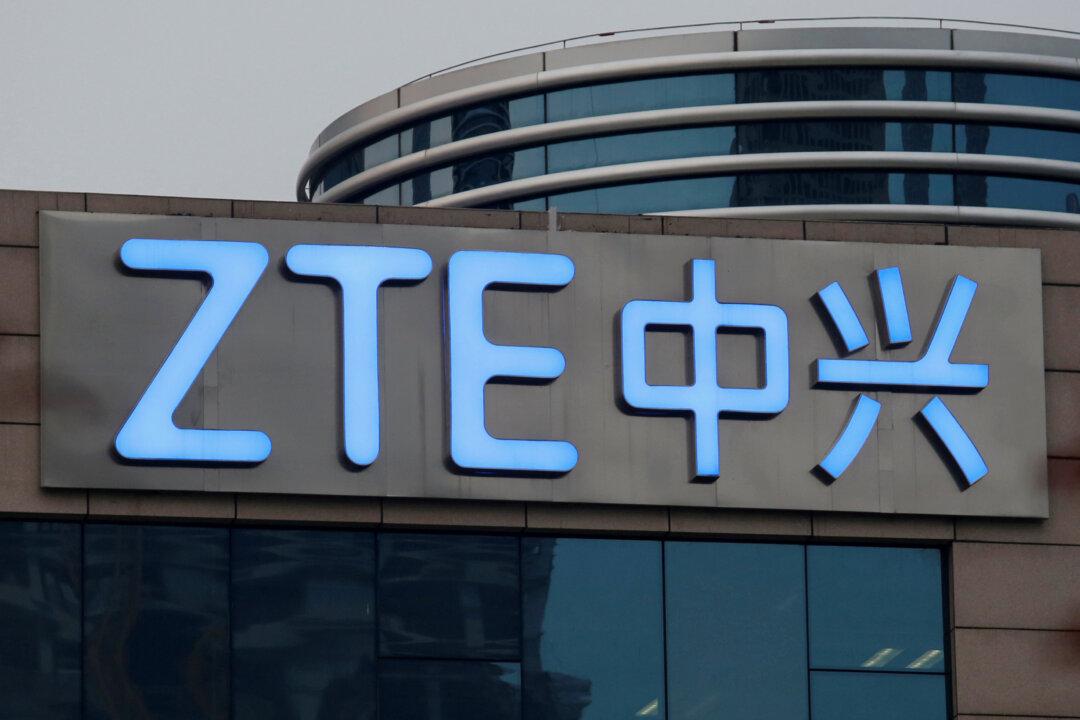The Federal Communications Commission (FCC) doubled down on its previous designation, reiterating that the Chinese company, ZTE is a national security threat to the U.S. communications networks.
On Tuesday the FCC rejected a petition from ZTE Corp which asked the agency to reconsider its June decision that prohibits U.S. firms from tapping an $8.3 billion government fund to purchase equipment from the company.





